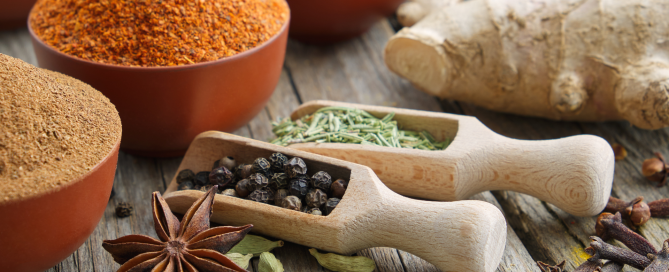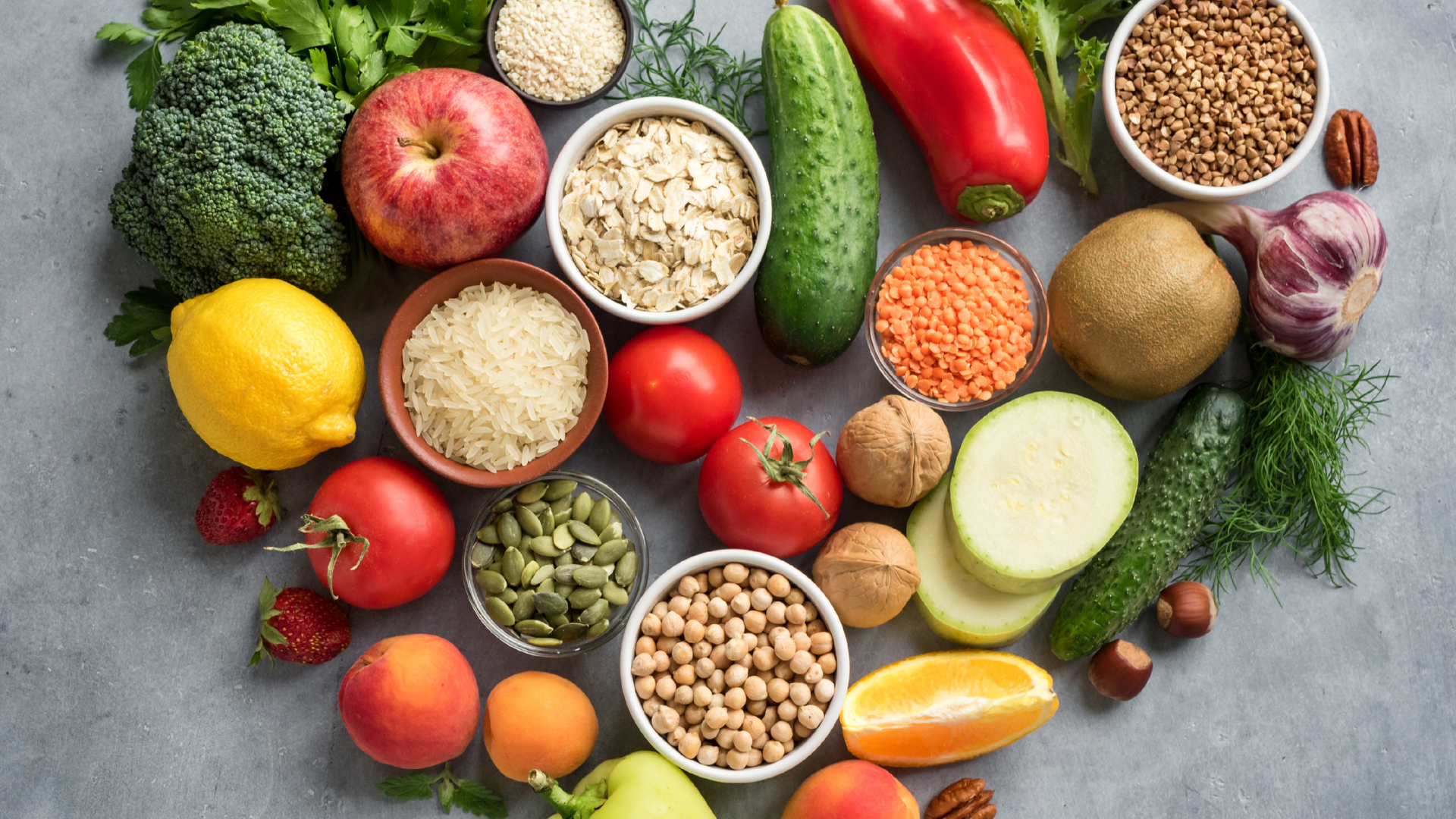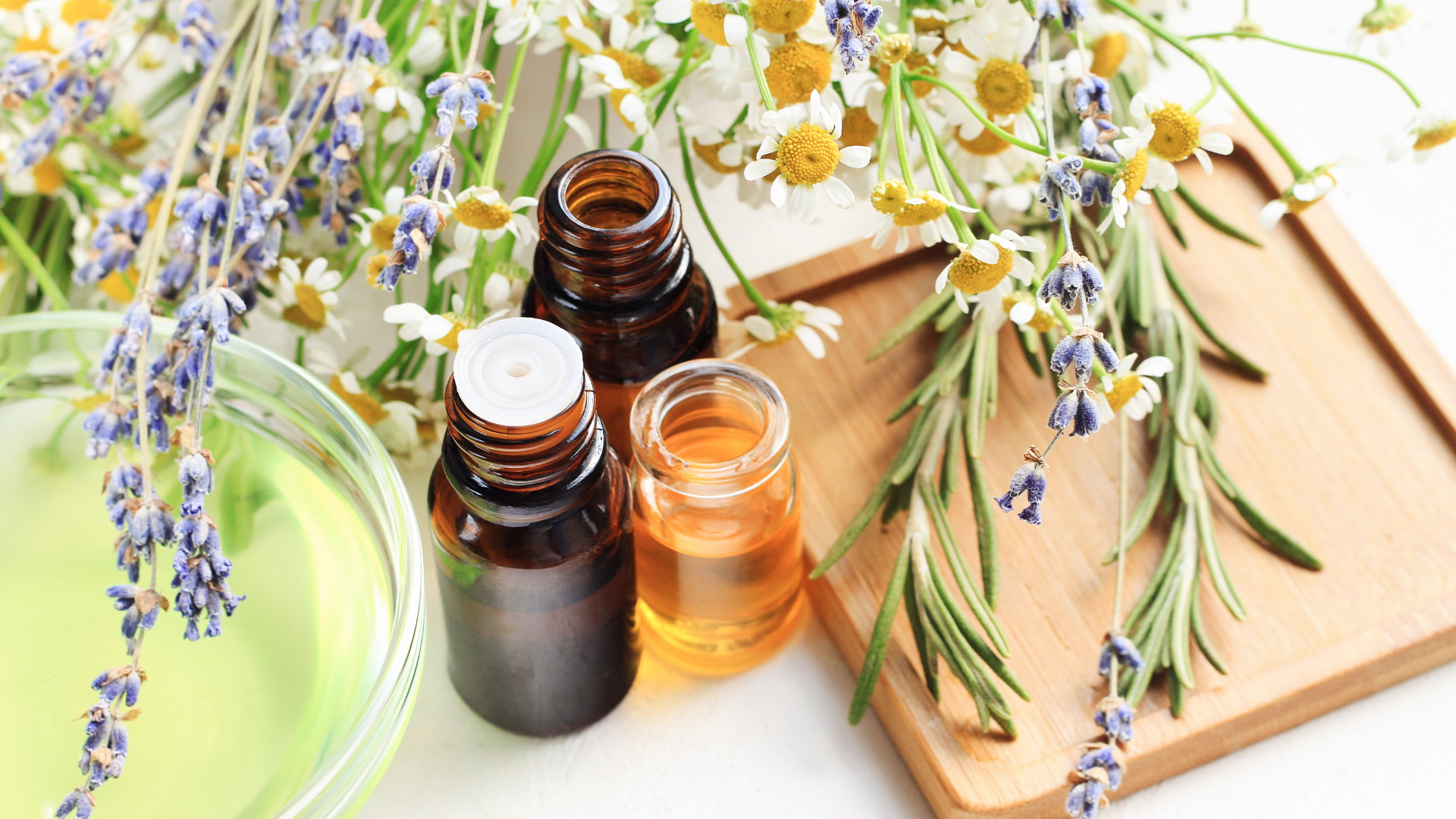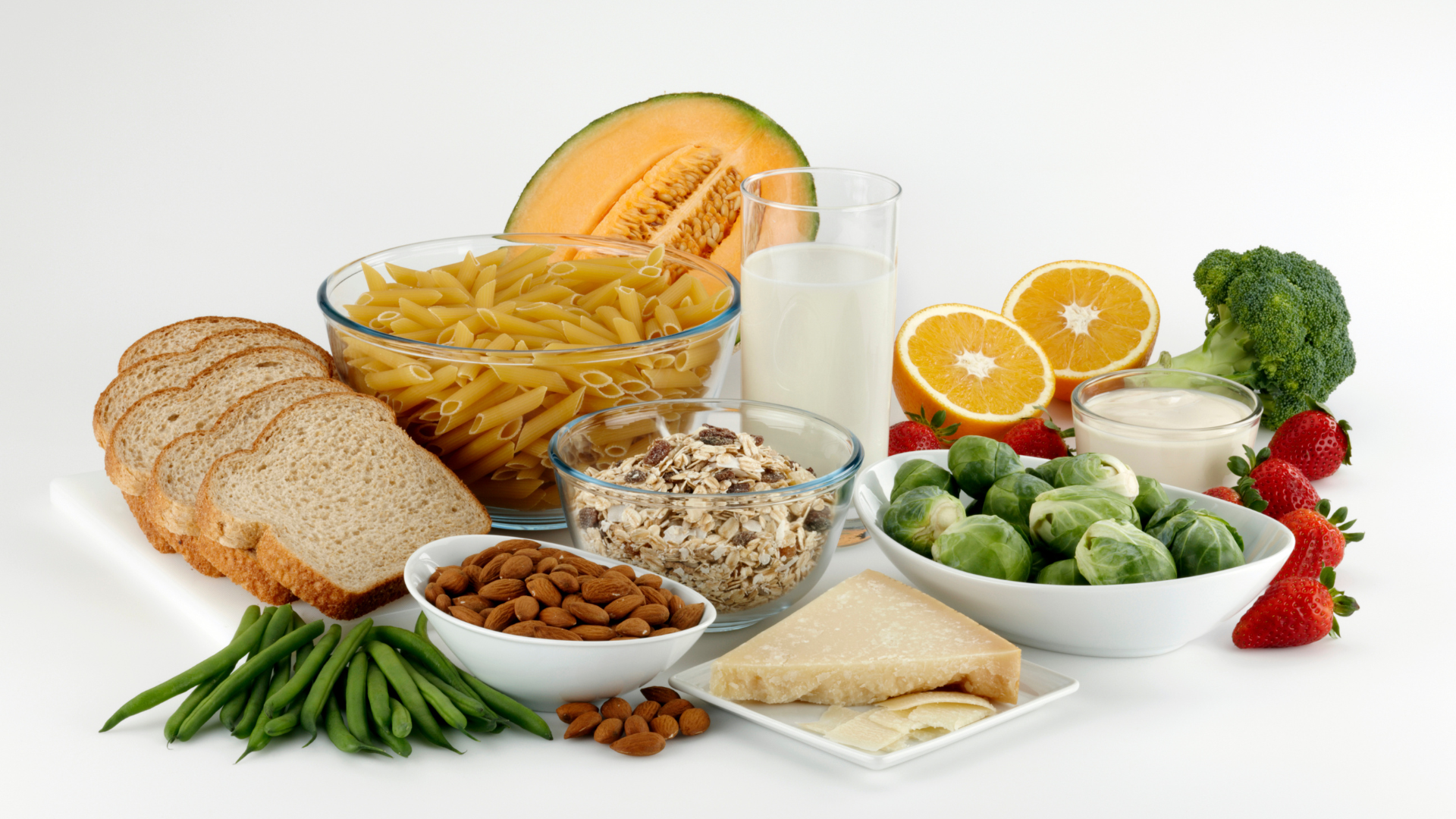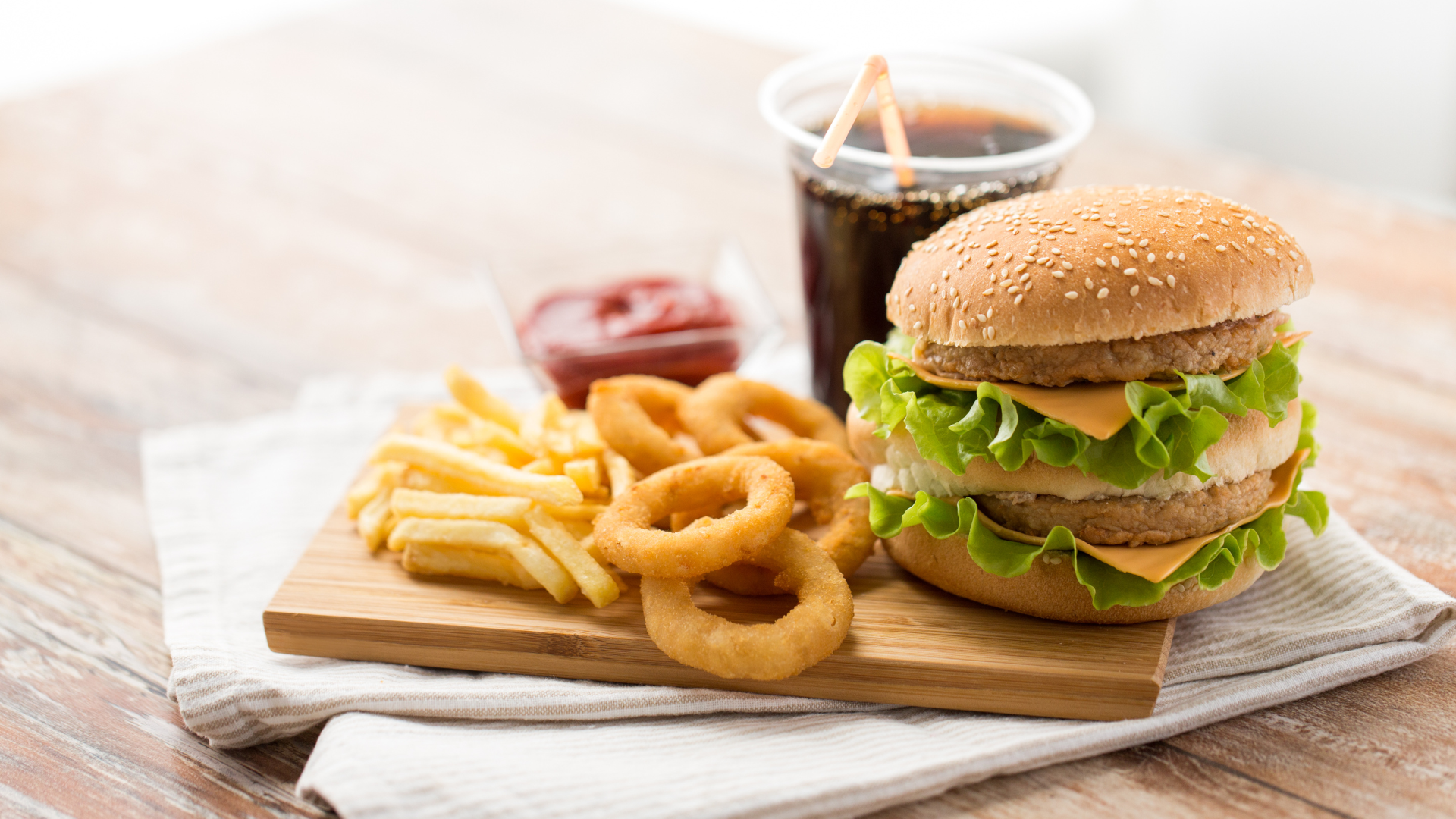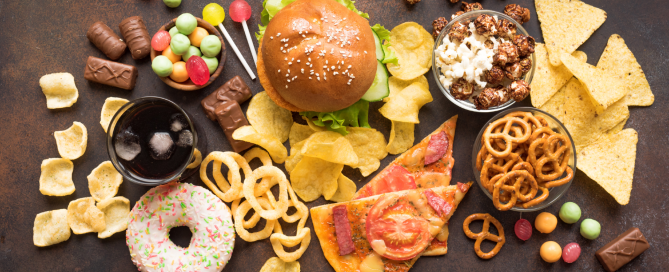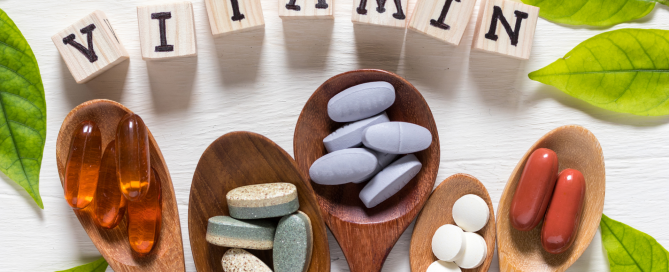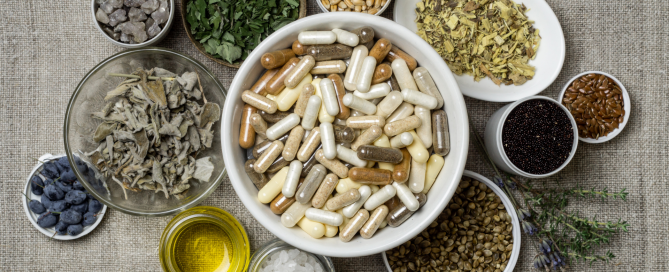What Are the Best Natural Cooking Ingredients
Have you ever thought about switching up your recipes with some more natural items? Typical pre-made and packaged ingredients have a lot of additives and chemicals that are bad for us and can have negative effects on our health.
Natural ingredients give us more freedom to tailor and tweak our recipes so that our health is benefited by different nutrients that are specifically in these ingredients.
If you are looking to give one of your recipes a more natural health boost, here is a list of various ingredients that will help you start cooking healthier today. Use this list as inspiration to create new and exciting recipes that your whole family will love.
The Benefits of Natural Cooking Ingredients
There are many benefits to using natural cooking ingredients. One benefit is that you know exactly what is in your food. When you use synthetic ingredients, you may not be able to pronounce all of the ingredients on the label, let alone know what they are.
This can be especially important in today’s world where health concerns are on the rise. Making sure that you are aware of What are the PFAS Exposures and other potential harmful chemicals can help you make a more informed decision about the ingredients you choose to use. By staying informed and away from these substances as much as possible, you can help protect your health and that of your loved ones.
If you’re exploring ways to add flavour naturally, you could also consider working with flavour-focused professionals such as Trilogy Flavors who specialise in crafting natural and custom taste solutions. Seeking out specialists like these can help ensure your cooking not only supports well-being but also excites the palate.
Natural ingredients are also generally less processed than their synthetic counterparts and can provide more vitamins, minerals, and antioxidants. Additionally, natural ingredients are often more flavorful than their synthetic counterparts, resulting in a tastier dish.
The Top Natural Cooking Ingredients
There are countless benefits to cooking with natural ingredients. They are typically lower in calories and fat, and higher in vitamins, minerals, and antioxidants. Natural ingredients also tend to be more flavorful, because they are unprocessed and unadulterated. The following are some of the top natural cooking ingredients that you should consider using:
Fruits and Vegetables
Fruits and vegetables are packed with nutrients and antioxidants. They are also low in calories and fat. When choosing fruits and vegetables, opt for fresh or frozen over canned.
Whole Grains
Whole grains are a great source of fiber, which can help to regulate digestion. They are also rich in vitamins and minerals. Choose whole grain breads, pastas, and cereals instead of their refined counterparts.
Nuts and Seeds
Nuts and seeds are a great source of healthy fats and protein. They are also rich in vitamins and minerals. Choose raw, unsalted nuts and seeds for the best nutritional value.
Beans and Legumes
Beans and legumes are a great source of plant-based protein. They are also high in fiber and nutrients. Choose dark leafy greens like kale, spinach, and Swiss chard for the most nutrient dense option. Beans and legumes can be cooked in a variety of ways and used as a side dish or main course.
How to Shop for Natural Cooking Ingredients
If you want to shop for natural cooking ingredients, the best place to start is your local grocery store. However, before you go shopping, it is important to understand what you are looking for.
- First, check the labels of the products you are interested in purchasing. Make sure that the ingredients are all-natural and that there are no artificial flavors or colors.
- Research the brands that you are interested in buying. Choose brands that use organic ingredients and that are environmentally friendly.
- Compare prices between different stores before you make your purchase.
By following these tips, you will be sure to find the best natural cooking ingredients for your needs.
Tips for Using Natural Cooking Ingredients in Everyday Life
Here are some tips for using natural cooking ingredients in your everyday life:
- Shop at farmers markets or grow your own fruits and vegetables.
- Buy in bulk when possible.
- Preserve fruits and vegetables by canning or freezing them.
- Use herbs and spices to flavor your food instead of salt.
- Experiment with new recipes that use natural ingredients.
By following these tips, you can easily incorporate natural ingredients into your everyday life. Doing so will improve your health and wallet!
Why Avoid Unhealthy Ingredients
The over-processed, chemically-laden foods that make up the bulk of the Standard American Diet are a major contributing factor to the high rates of chronic disease in this country. These unhealthy ingredients are everywhere, from fast food and processed snacks to so-called “health foods” and even many supposedly natural foods.
There are many reasons to avoid these unhealthy ingredients. They can contribute to weight gain, inflammation, hormone imbalances, and a host of other health problems. They are also often lacking in the nutrients our bodies need to function optimally.
Eating a healthy diet is one of the best things you can do for your overall health. Avoiding unhealthy ingredients is a key part of that. By making smart choices about what you eat, you can give your body the nourishment it needs to thrive.
The best natural cooking ingredients are those that are fresh and in season. By using these ingredients, you can create meals that are healthy and delicious. So, what are you waiting for? Go to your local farmers market and start cooking!
